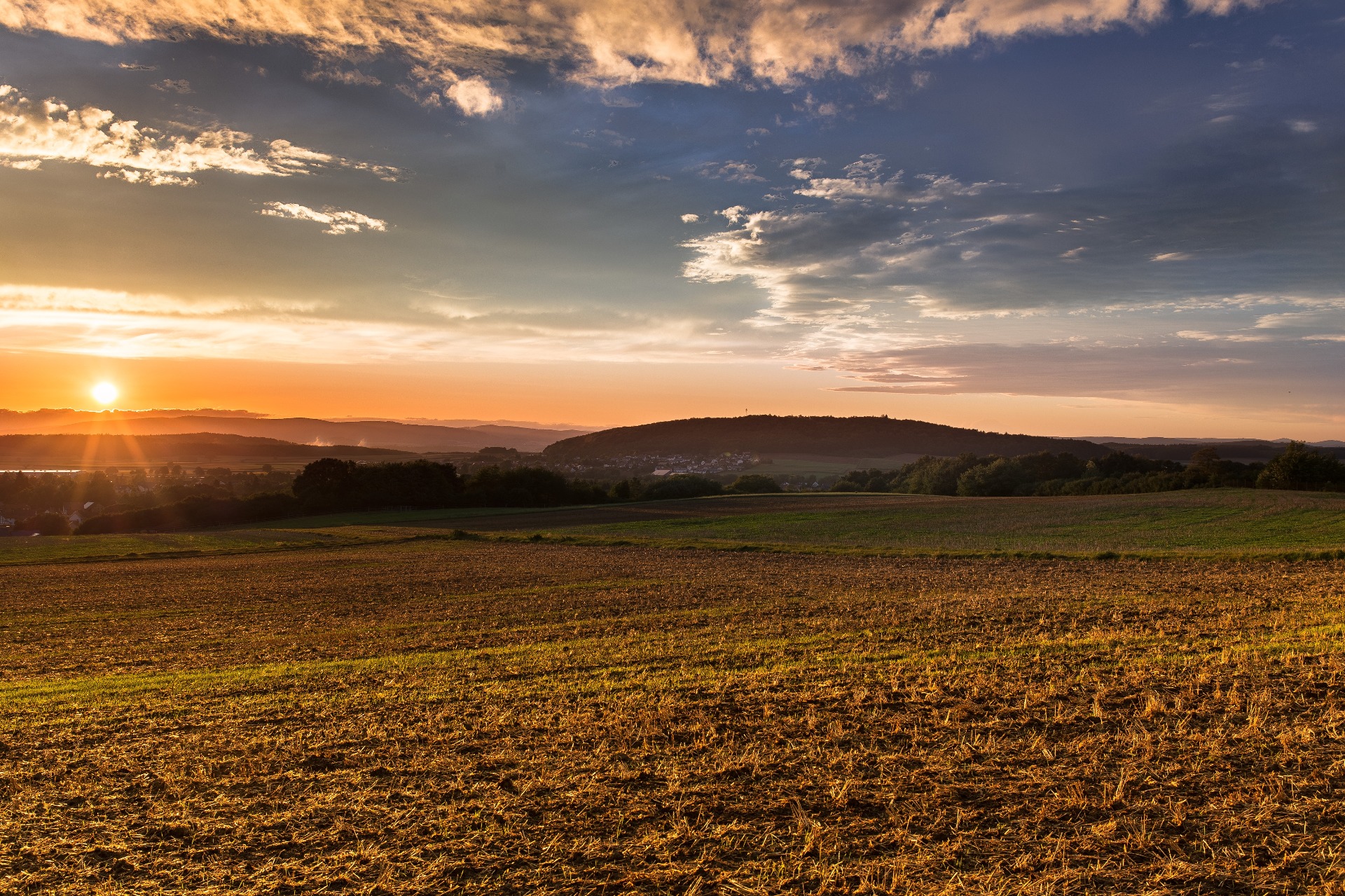Veganism and Biodiversity: How We Can Save Endangered Species

Imagine walking through a lush, vibrant forest. The air is filled with the symphony of bird songs, the rustling of leaves, and the distant croak of frogs. This thriving ecosystem is a testament to the diversity of life on Earth.
Now, imagine a bulldozer carving out a swath of this forest to make way for cattle ranches or soybean plantations meant for livestock feed.
The contrast is stark, and it highlights a crucial question: How can our dietary choices impact the survival of endangered species? Enter veganism, a lifestyle choice that extends beyond personal health to encompass the health of our planet and its myriad life forms.
The Connection Between Diet and Biodiversity
To understand the connection between veganism and biodiversity, we need to examine the environmental footprint of traditional animal agriculture.
Livestock farming is one of the leading drivers of habitat destruction, deforestation, and climate change. The Amazon Rainforest, often referred to as the lungs of our planet, has been decimated at alarming rates to make space for cattle grazing and feed crops.
This destruction not only releases vast amounts of carbon dioxide into the atmosphere but also leads to the loss of countless plant and animal species.

For instance, the jaguar, an apex predator in the Amazon, faces habitat loss due to deforestation for cattle ranching. Similarly, the orangutan, native to the rainforests of Borneo and Sumatra, is critically endangered due to the palm oil plantations that replace their native forests, much of which are used in animal feed. By opting for a plant-based diet, we can directly reduce the demand for these destructive practices.

A Ripple Effect on Ecosystems
Picture throwing a stone into a still pond. The ripples spread out, affecting the entire surface.
This is similar to how choosing veganism can create a ripple effect that benefits entire ecosystems. When we reduce our dependency on animal products, we lessen the strain on natural resources.
Livestock farming is incredibly resource-intensive, requiring vast amounts of water, land, and feed. By shifting towards plant-based foods, we can use these resources more efficiently and sustainably.
Consider the water usage in animal agriculture. Producing one kilogram of beef requires approximately 15,000 liters of water, whereas producing one kilogram of vegetables requires significantly less.
This water savings can be critical in regions facing water scarcity, allowing ecosystems to thrive without the added pressure of supporting livestock.
Stories of Change
Let's take a step back and look at real-world examples of how reducing meat consumption has led to positive environmental outcomes. In the 1980s, Costa Rica experienced severe deforestation due to cattle ranching.
However, through reforestation efforts and a shift towards eco-tourism, the country has managed to regenerate its forests and, in turn, protect its biodiversity.
Today, Costa Rica is a global leader in conservation, with over 25% of its land designated as protected areas.
This transformation showcases the potential for change when we prioritize the environment over short-term economic gains.
Another inspiring story comes from the rewilding projects in Europe. In areas where livestock farming has declined, nature is reclaiming its space.
The reintroduction of species like the European bison and the grey wolf has led to the restoration of natural habitats and increased biodiversity.
These success stories remind us that nature has an incredible capacity to heal, provided we give it the chance.

Ethical Considerations
Beyond the environmental benefits, veganism also aligns with ethical considerations regarding the treatment of animals. Industrial farming practices often involve cramped, inhumane conditions for livestock, leading to immense suffering.
By choosing plant-based alternatives, we take a stand against these practices and promote a more compassionate world.
This ethical stance can resonate with many people, fostering a broader movement towards sustainability and conservation.
A Call to Action
Adopting a vegan lifestyle is not about perfection but progress. Every meal that shifts from animal-based to plant-based can contribute to a healthier planet.
We can support sustainable farming practices and encourage innovation in plant-based foods. Brands and companies are increasingly offering delicious and nutritious vegan options, making it easier than ever to make the switch.
In conclusion, veganism offers a pathway to preserving biodiversity and protecting endangered species.
By reimagining our diets, we can create a ripple effect that benefits ecosystems, conserves resources, and promotes ethical treatment of animals.
The forest, with its symphony of life, can continue to thrive, and endangered species can find sanctuary.
Through mindful choices, we can become stewards of a planet teeming with diverse life, ensuring that future generations experience the wonders of nature in all its glory.
